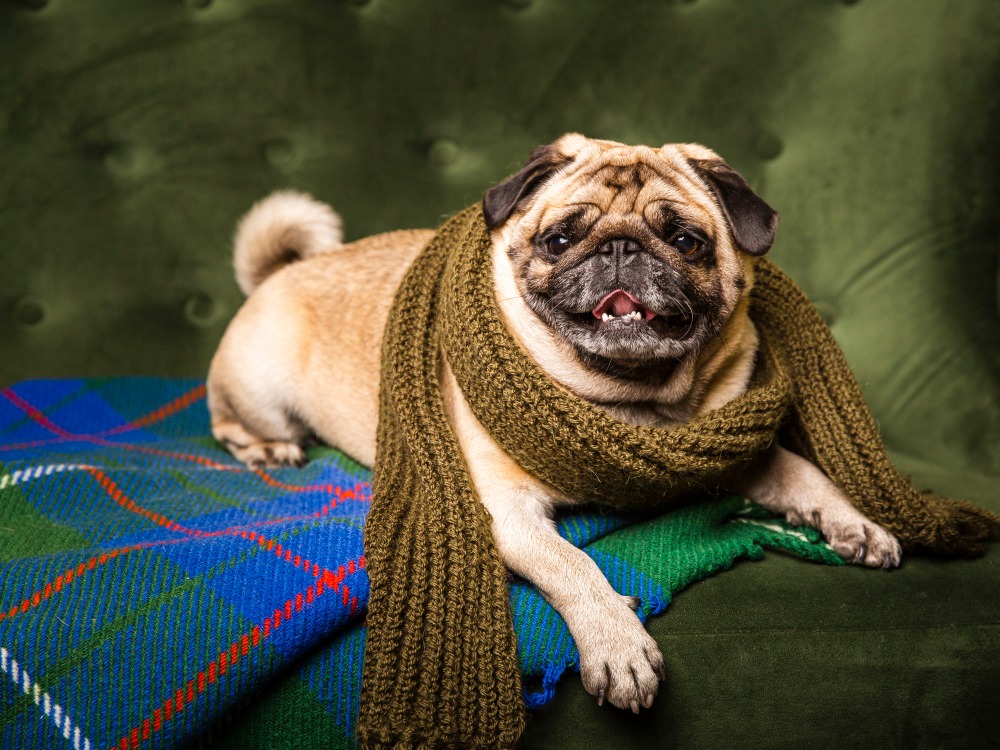If you’re the proud owner of an English bulldog, you know just how much personality these squishy-faced pups can have. They’re loyal, affectionate, and always up for a good snuggle session. However, there is one downside to having a bulldog: many owners are all too familiar with gas. Those adorable little toots can quickly become a significant problem in your home if left unchecked. So why is your English bulldog so gassy? we’ll explore some common culprits behind excessive flatulence in Bulldogs and what you can do about it.
Foods That Give Bulldogs Gas
English bulldogs are known for their love of food, but unfortunately, not all foods are created equal when preventing flatulence. Here are some common culprits contributing to your Bulldog’s gas issues.
Most Dairy Products
While many humans can enjoy a good slice of cheese or bowl of ice cream without issue, dairy products can be problematic for Bulldogs. That’s because dogs don’t have the necessary enzymes to break down lactose, which can lead to digestive upset and gas.
Table Scraps
We’ve all been guilty of slipping our furry friend a scrap or two from the dinner table – but these little treats could be doing more harm than good. Foods high in fat and grease can create inflammation in your dog’s stomach, leading to bloating and increased farting.
Excessive Carbohydrates
Many commercial dog foods contain excessive carbohydrates such as corn, wheat, or soybeans. These ingredients ferment quickly in the gut, causing gas production and leading to flatulence.
Fermentable Foods
Bulldogs love fruits like apples and pears – however, they contain fructose, which is difficult for dogs’ bodies to digest correctly, resulting in gassiness.
Low-Quality Dog Food
When it comes down to it- what you feed your dog significantly impacts his overall health, including how much he farts! Poor quality kibble often includes fillers that cause digestion issues and increase uncontrolled bowel movements, ultimately leading to excessive flatulence.

Most Dairy Products
English Bulldogs are known for their adorable wrinkly faces and lovable personalities but are notorious for being gassy. If you have an English Bulldog, you may have noticed that some foods trigger your pup’s flatulence more than others. One of those culprits could be dairy products.
Most dogs don’t digest lactose well, and English Bulldogs are no exception. Lactose is the sugar found in milk and other dairy products, and when a dog has trouble breaking it down, it can lead to digestive upset like gas.
While some dogs can tolerate small amounts of dairy without issue, many bulldogs are sensitive to even trace amounts of lactose. So, if your puppy loves cheese or yogurt as much as you do, it may be time to cut back on those treats.
Table Scraps
Table scraps are often given to dogs as a treat or reward for good behavior, but they can also significantly contribute to their gassiness. This is because table scraps are usually high in fat and spices, which can irritate your bulldog’s digestive system.
Giving your English bulldog table scraps may lead to them having an upset stomach and diarrhea. Additionally, some human foods we eat regularly may not sit well on their bellies, causing increased bloating and gas.
If you want to avoid giving your dog too many table scraps, plenty of healthy alternatives are available, like lean protein from chicken or fish. These options will help keep your dog fuller longer while avoiding the potential health problems caused by fatty table scraps.
When considering feeding your English Bulldog, always prioritize quality over quantity, especially food provided as treats. At the same time, never forget the importance of engaging with them physically through playtime – this will make sure they get enough exercise for good digestion.
Excessive Carbohydrates
Excessive carbohydrates in your English bulldog’s diet can lead to a gassy situation. Bulldogs have a sensitive digestive system; too much of anything can cause gas.
Carbs are essential for energy, but excessive amounts may lead to an upset stomach and flatulence. If you feed your Bulldog kibble that contains high levels of grains or potatoes, it might be causing the problem. You should avoid feeding them foods with wheat, corn, soy, or rice as these are familiar sources of carbs that could be contributing to the gas.
To prevent excessive carbohydrate intake in bulldogs’ diets, it’s important always to read the ingredients list before buying dog food products carefully. Look for those high in protein instead.
Fermentable Foods
Fermentable foods contain prebiotics and probiotics, which can cause gas in English bulldogs. Prebiotics are undigested carbohydrates that feed the good bacteria in their gut, while probiotics are living microorganisms that promote a healthy digestive system.
While these foods may benefit overall health, they may also increase flatulence in dogs with sensitive stomachs. Some examples of fermentable foods include beans, lentils, soy products, and vegetables like onions and garlic.
If your English bulldog is experiencing excessive gas after eating these foods, gradually reducing or eliminating them from their diet may be best. However, always consult your veterinarian before making significant changes to your dog’s food.
Low-Quality Dog Food
There are several reasons why your English bulldog may be experiencing excessive gas. While some breeds are simply more prone to flatulence than others, dietary factors can play a significant role in the frequency and severity of this issue.
By avoiding foods that give Bulldogs gas, such as most dairy products, table scraps, excessive carbohydrates, and fermentable foods, you can help minimize their gassiness. Additionally, feeding your dog high-quality food with natural ingredients instead of cheap fillers and additives can make a big difference.
If your Bulldog’s gassiness is severe or accompanied by other symptoms like vomiting or diarrhea, it could indicate an underlying health problem. It is best to consult your vet to rule out any serious issues in such cases. By following these tips and taking good care of your furry friend’s diet and overall health needs, you can help ensure they’re happy and comfortable for years to come.


